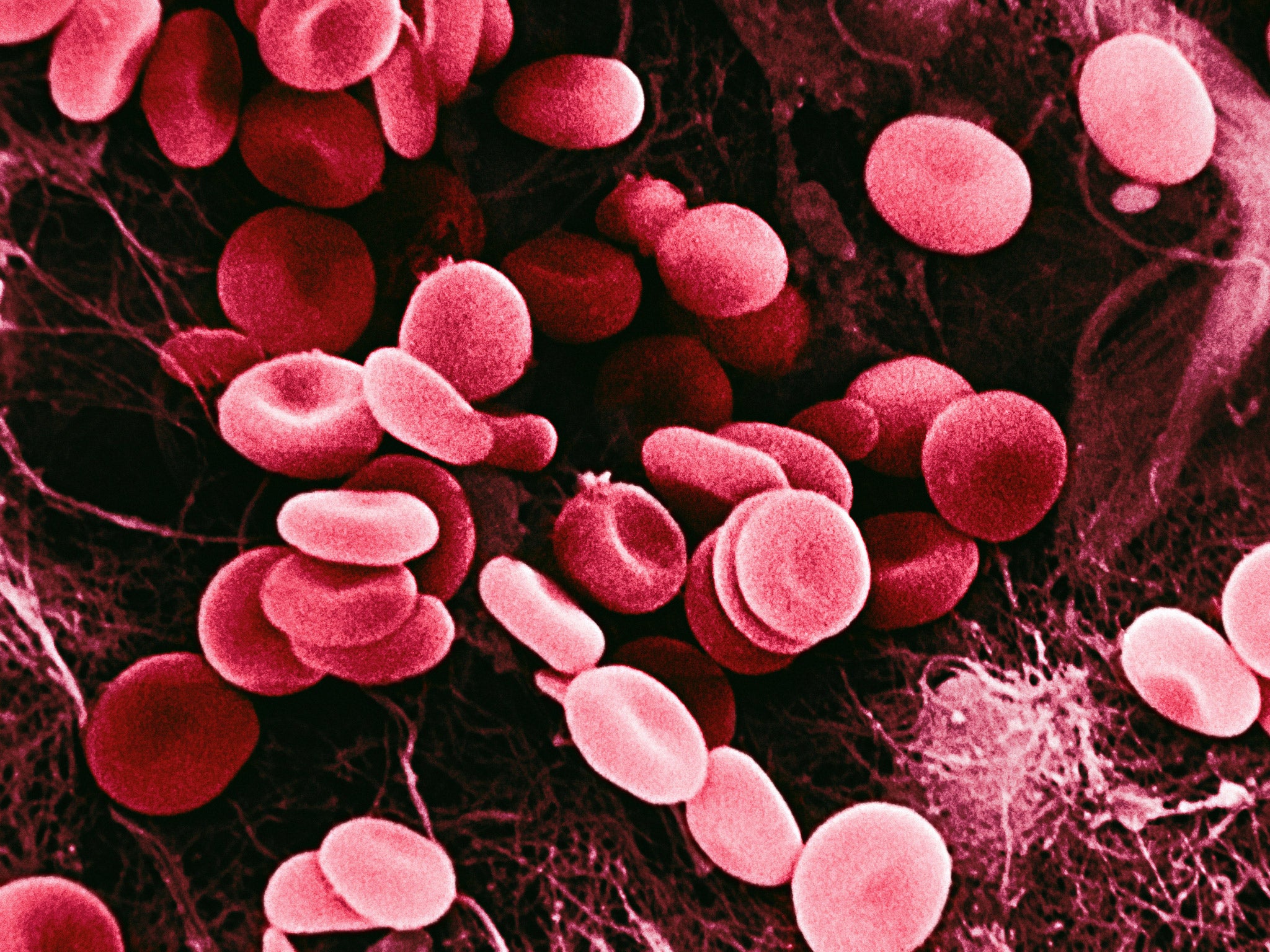Haemophilia gene therapy breakthrough sees patients taken off life-long medication
Eleven out of 13 patients had clotting levels return to near normal after 19 months, and all trial participants are now free from regular injections

Your support helps us to tell the story
From reproductive rights to climate change to Big Tech, The Independent is on the ground when the story is developing. Whether it's investigating the financials of Elon Musk's pro-Trump PAC or producing our latest documentary, 'The A Word', which shines a light on the American women fighting for reproductive rights, we know how important it is to parse out the facts from the messaging.
At such a critical moment in US history, we need reporters on the ground. Your donation allows us to keep sending journalists to speak to both sides of the story.
The Independent is trusted by Americans across the entire political spectrum. And unlike many other quality news outlets, we choose not to lock Americans out of our reporting and analysis with paywalls. We believe quality journalism should be available to everyone, paid for by those who can afford it.
Your support makes all the difference.People with haemophilia have been effectively cured by a "mind-blowing" genetic therapy which means they can go without their tri-weekly treatment for the first time.
There are around 2,000 people in the UK with the clotting disorder which means the slightest cut can lead to excessive bleeding.
It can also cause life-threatening internal bleeding, which in turn can lead to joint damage and arthritis, and there is no known cure for the condition.
Sufferers of the condition, which is hereditary and mainly impacts men, "have virtually none" of the protein factor VIII which is needed for blood to clot.
Patients require injections with factor VIII three times a week, and this schedule or missing a treatment can seriously impact quality of life.
But a paper in the New England Journal of Medicine shows that a small scale clinical trial of a new genetic engineering techniques could replace this defective gene entirely.
The trial, which was led by Barts Health NHS Trust, saw 13 patients injected with a copy of the missing gene, which allowed cells to produce the missing factor.
All 13 patients were able to stop regular treatment for the condition and 11 have got "normal or nearly normal" levels of the missing protein factor after having their progress followed for 19 months.
Jake Omer, 29, of Billericay, was diagnosed with haemophilia when he was two and has had frequent injections of factor VIII to prevent bleeds ever since.
The father-of-two said: "The gene therapy has changed my life. I now have hope for my future. It is incredible to now hope that I can play with my kids, kick a ball around and climb trees well into my kids' teenage years and beyond.
"It's really strange to not have to worry about bleeding or swellings. The first time I noticed a difference was about four months after the treatment when I dropped a weight in the gym, bashing my elbow really badly.
"I started to panic thinking this is going to be really bad, but after icing it that night I woke up and it looked normal. That was the moment I saw proof and knew that the gene therapy had worked."
The team will now hold further tests to include people in the US, Europe, Africa and South America.
Professor John Pasi, Haemophilia Centre director at Barts, said: "We have seen mind-blowing results which have far exceeded our expectations.
"When we started out we thought it would be a huge achievement to show a five per cent improvement, so to actually be seeing normal or near normal factor levels with dramatic reduction in bleeding is quite simply amazing.
"We really now have the potential to transform care for people with haemophilia using a single treatment for people who at the moment must inject themselves as often as every other day. It is so exciting."
Additional reporting by PA
Join our commenting forum
Join thought-provoking conversations, follow other Independent readers and see their replies
Comments